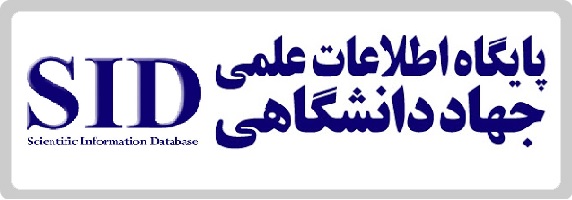The Treatise "Fi l-Wujūd" of Khayyam
Keywords:
Abstract Attributes, Rational Abstractions, Existence as a Rational Abstraction, Universal HierarchyAbstract
So far, many scholars have studied Khayyām’s quatrains; however, nothing more than some brief studies have been done as to his treatises, especially the philosophical ones. Khayyām propounded important discussions on the existence as a rational abstraction, discussions that have not been ineffective in Islamic philosophical tradition. Historically speaking, Khayyām occupies a prominent place in the gap between Ibn Sina and Suhrawardī. Khayyām's most important philosophical treatise is Fi l-Wujūd, a critical edition of which is contained in this paper. In his philosophical treatises, the most principal issues Khayyām intends to solve are the Universal Hierarchy (silsilat at-tartib) and problem of evil. In order to explain that evil is non-existential (ʿadamī) and essentially cannot be attributed to the Necessary Being, he first discusses attributes of things and categorizes them to explicate which things are intrinsic and which are not. He then states that the intrinsic attributes of different quiddities are extrinsically in opposition to each other, the opposition which gives rise to evil in this world. Therefore, quiddities are all good in themselves and all emanated from the First Principle in accordance to the Universal Hierarchy.





